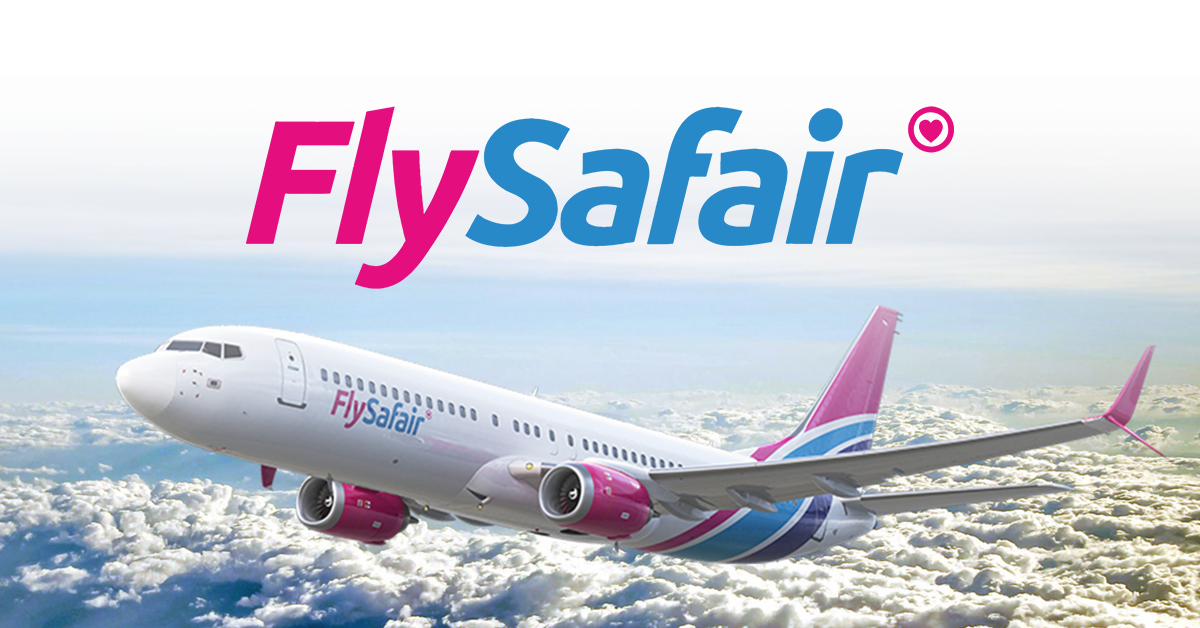Security guards demand better salaries
PRIVATE security guards have pleaded with their employers for increased salaries saying their monthly earnings are no longer sustainable for family upkeep.
This comes as dozens of Fawcett Security workers yesterday confronted their management in Bulawayo demanding improved welfare, among other grievances.
A Chronicle news crew visited the company’s premises in Belmont at around 8am where about 100 workers, who delayed deployment to various clients by almost two hours, were locked up in talks with management over wage disputes.
One of the disgruntled workers fumed: “They are giving us poor salaries and we cannot survive on this”.
Private Security Workers Union secretary general, Mr John Manyuchi, who was also at the scene, said workers were frustrated by delays in the negotiations.
“If you look at the situation right now employees can hardly survive because what they are getting is just but peanuts,” he said.
“The basic pay of a security guard is pegged at $72 000, and when inclusive of allowance the gross goes to about $111 000.
“If you factor in deductions, you will find that the net salary is around $60 000 to $80 000,” said Mr Manyuchi.
fawcett security
He said workers could no longer survive on such an amount, as they were now struggling to meet basic survival costs.
Mr Manyuchi said workers were demanding partial payment in forex to hedge against inflation and to be able to meet rentals, which are paid in hard cash.
He said it was unfortunate that following a stakeholder meeting on October 6, 2022, when parties met for the fourth quarter wage review, nothing tangible has changed to inhouse complications.
“It wasn’t a collective job action but workers were demanding to hear from the directors on what is going on,” said Mr Manyuchi.
He said they were engaging all security companies to meet workers amid fears of job action if employers do not address workers’ grievances.
In response Fawcett Security managing director, Mr Andrew Laing, confirmed that workers demanded to meet him concerning the salary issues including demanding USD salaries.
“We had a meeting with more than 100 workers and the grievances were about salaries and in particular they want to be paid in US dollar,” he said.
“But I told them that it’s not possible to get entire salaries in US dollars because we don’t have access to US dollars, much of our customers pay us in local currency,” said Mr Laing.
“We understand difficulties that everybody in the country seems to be having but everybody including myself is getting about 50 to 60 percent of the salary they used to get three or four years ago before we had changes in the economy.”
Mr Laing said he promised employees that he will continue to do whatever in his powers concerning the problems in hand.
He went own to say their clients have also been struggling to pay them and the company is relying on bank loans, which have increased their cost of doing business as interest rates have been increased from 50 to 200 percent. — ebusinessweekly









